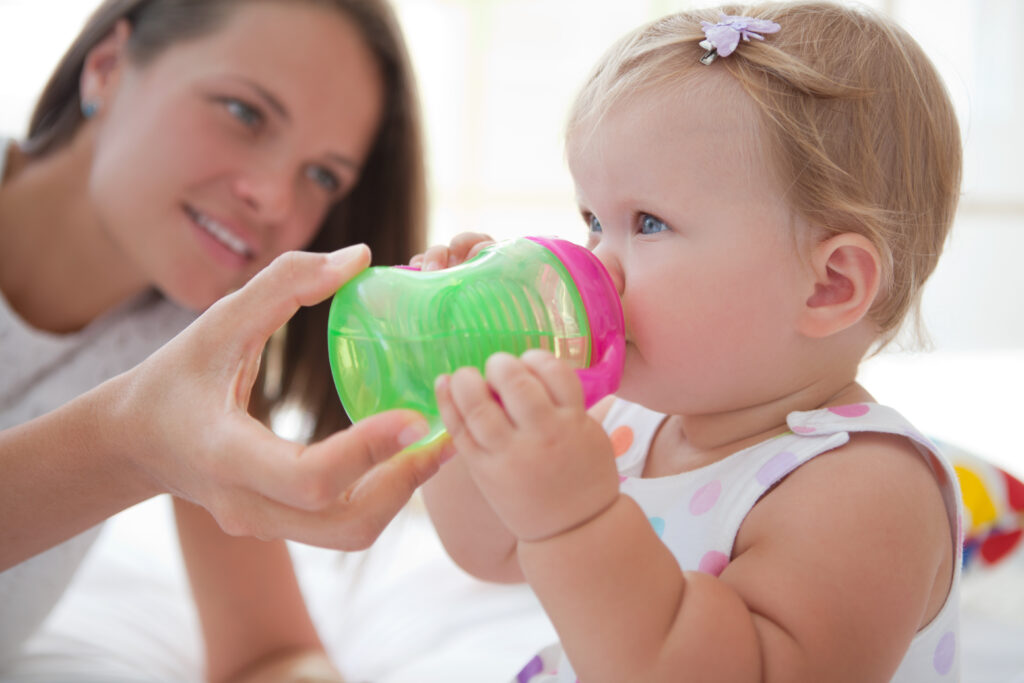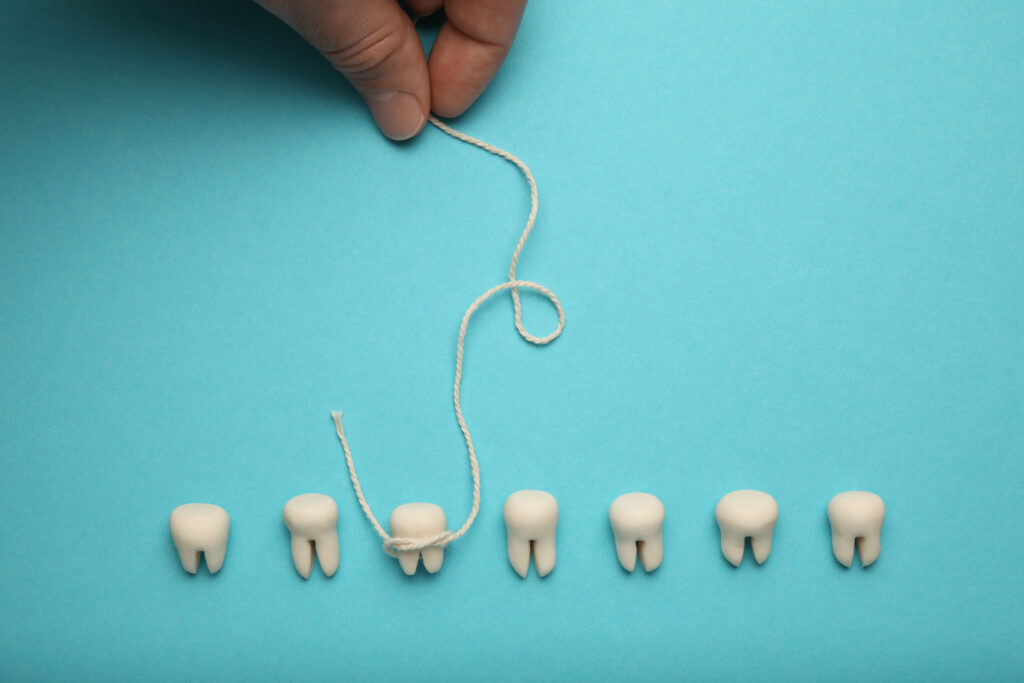
During your visit, our pediatric dentist in 20003 may suggest dental sealants for your child. Sealants are a great way to prevent your child from developing tooth decay.
Why Sealants?
Sealants are essential to preventing tooth decay. They are applied to the back teeth, in the hard to reach places where decay is most likely to take hold.
The further a tooth is in the back of the mouth, the more difficult it is to maintain its health. Sealants are usually recommended for children and teens, but they can be beneficial for adults as well.
Did you know that sealants can prevent up to 80 percent of decay within the first two years alone? Even after four years, they will continue to prevent 50 percent of decay.
On the other hand, children who don’t get sealants are three times as likely to develop tooth decay.
When Should My Child Get Them?
Once your child’s molars start developing between the ages of 6 and 12, you will definitely want to talk to our team about the best way to go about keeping these molars healthy. As soon as the molars come through, dental sealants will be most effective.
By scheduling regular exams with our dentist, we will be able to determine when the best time to apply sealants would be.
What Is Expected With Sealants?
First, we will regularly clean your child’s teeth, and then apply a special cleaning gel to their teeth. Next, the gel is cleaned off before the coating of sealant is applied. In seconds, a small blue light is used to harden the sealant.
There is no need to worry about pain when getting sealants, because they are actually one of the simplest and quickest treatments performed in our office.
Should I Have Any Concerns?
There are really no concerns to be had about sealants. There are no side-effects, and allergic reactions are very unlikely.
If you have concerns, be sure to discuss any allergies your child has with our doctor to be sure we are treating your child with proper and safe care.
What Are the Next Steps?
It is crucial to schedule regular visits to our office so our doctor can check the status of your child’s oral health. Regular exams and dental cleanings, combined with the application of our long-lasting sealants, is the best way to maintain your child’s smile.
Contact our pediatric dental office in Washington, DC today for more information on maintaining a healthy smile and to discuss any questions you might have about dental sealants.








